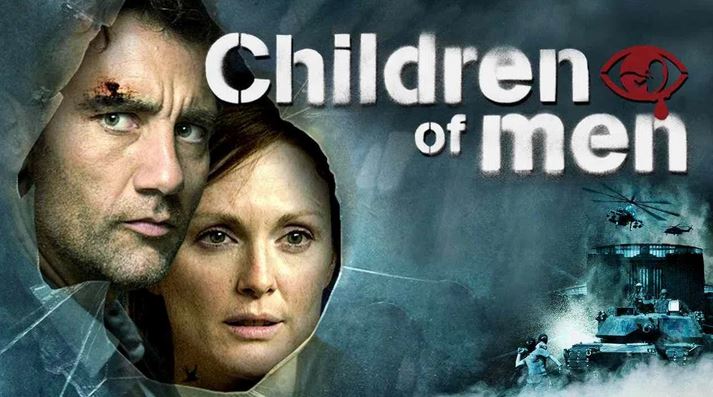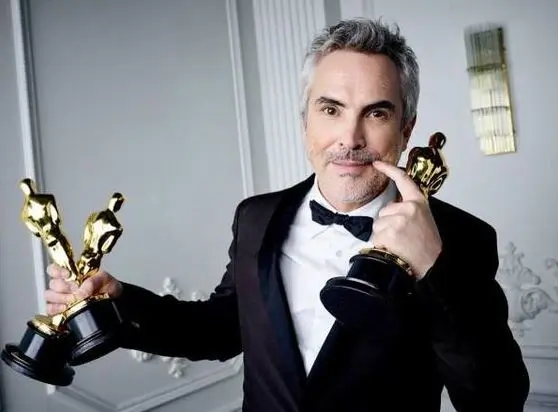Alfonso Cuarón is one of the most influential and celebrated filmmakers of thAlfonso Cuaróne 21st century. With a career spanning over three decades, Cuarón has earned critical acclaim for his innovative storytelling, breathtaking visuals, and deep exploration of human themes. From his early work in Mexican cinema to his groundbreaking films in Hollywood, Cuarón’s impact on the global film industry is undeniable.
Early Life and Career Beginnings
Alfonso Cuarón was born on November 28, 1961, in Mexico City, Mexico. Raised in a middle-class family, he developed a passion for cinema at an early age. Cuarón’s fascination with film led him to study philosophy at the National Autonomous University of Mexico (UNAM) and then film at the Centro Universitario de Estudios Cinematográficos (CUEC). However, his time at film school was cut short due to a disagreement with the faculty, but this did not deter him from pursuing a career in filmmaking.
Cuarón began his career in television, directing episodes of Mexican TV shows. His first major break came with the 1991 film Sólo con tu pareja (Love in the Time of Hysteria), a dark comedy about a man who mistakenly believes he has contracted AIDS. The film was a critical and commercial success in Mexico and brought Cuarón to the attention of Hollywood.
Breakthrough in Hollywood
Cuarón’s Hollywood debut came with the 1995 family film A Little Princess, an adaptation of the classic novel by Frances Hodgson Burnett. The film received praise for its visual style and storytelling, earning Cuarón his first major recognition in the United States. He followed this with another adaptation, Great Expectations (1998), starring Ethan Hawke and Gwyneth Paltrow. Though the film received mixed reviews, it showcased Cuarón’s ability to create visually stunning cinematic experiences.
International Success with Y Tu Mamá También
In 2001, Cuarón returned to his roots with Y Tu Mamá También, a coming-of-age road film set in Mexico. Starring Gael García Bernal and Diego Luna, the film was a critical and commercial success worldwide, earning Cuarón his first Academy Award nomination for Best Original Screenplay. Y Tu Mamá También is notable for its candid exploration of youth, sexuality, and social issues, establishing Cuarón as a filmmaker with a unique voice and perspective.
Harry Potter and the Prisoner of Azkaban: Redefining a Franchise
One of Cuarón’s most significant achievements was directing Harry Potter and the Prisoner of Azkaban (2004), the third installment in the Harry Potter film series. Cuarón’s vision for the film marked a departure from the more whimsical tone of the first two movies, bringing a darker, more mature atmosphere to the franchise. His innovative direction and emphasis on character development earned Prisoner of Azkaban critical acclaim and solidified Cuarón’s reputation as a versatile filmmaker capable of handling large-scale projects.

Critical Acclaim with Children of Men
In 2006, Cuarón directed Children of Men, a dystopian science fiction film set in a bleak future where humanity faces extinction. Starring Clive Owen, Julianne Moore, and Michael Caine, the film was praised for its intense, immersive cinematography and thought-provoking themes. The film’s use of long, continuous shots, particularly in its action sequences, became a hallmark of Cuarón’s style and influenced a generation of filmmakers. Children of Men earned several award nominations, further establishing Cuarón as a leading voice in contemporary cinema.
The Triumph of Gravity
In 2013, Cuarón reached new heights with Gravity, a groundbreaking science fiction thriller starring Sandra Bullock and George Clooney. The film, set almost entirely in space, follows the harrowing journey of an astronaut stranded in orbit. Gravity was a technical marvel, featuring stunning visual effects, realistic depictions of space, and a gripping, minimalist narrative.
Cuarón’s direction and the film’s visual achievements were universally lauded, earning Gravity 10 Academy Award nominations and winning seven, including Best Director for Cuarón. This made him the first Latin American director to win the Oscar for Best Director, marking a significant milestone in his career and in the history of cinema.
Roma: A Personal Masterpiece
In 2018, Cuarón released Roma, a deeply personal film inspired by his own childhood in Mexico City. Shot in black and white, Roma is a semi-autobiographical drama that follows the life of a domestic worker in a middle-class family during the 1970s. The film’s intimate storytelling, combined with its meticulous attention to detail and stunning cinematography, earned it widespread acclaim.
Roma premiered at the Venice Film Festival, where it won the Golden Lion, and went on to receive 10 Academy Award nominations. Cuarón won three Oscars for Roma: Best Director, Best Cinematography, and Best Foreign Language Film. The film’s success not only cemented Cuarón’s status as a master filmmaker but also highlighted the importance of diverse voices in cinema.
Influence and Legacy
Alfonso Cuarón’s impact on modern cinema is profound. His ability to blend technical innovation with emotional depth has made him one of the most respected and influential directors of his generation. Cuarón’s films are known for their visual artistry, compelling narratives, and exploration of universal themes such as identity, loss, and human connection.
Beyond his directorial work, Cuarón has been a vocal advocate for the representation of Latin American filmmakers in global cinema. Along with fellow Mexican directors Guillermo del Toro and Alejandro González Iñárritu, Cuarón has been part of the so-called “Three Amigos,” a trio of filmmakers who have brought international attention to Mexican cinema and have collectively won numerous awards and accolades.
Alfonso Cuarón’s journey from Mexico City to the global stage is a testament to his talent, creativity, and determination. Whether exploring the complexities of human relationships in Y Tu Mamá También, redefining the boundaries of cinematic storytelling in Gravity, or capturing the essence of memory and nostalgia in Roma, Cuarón continues to push the limits of what cinema can achieve. His films not only entertain but also provoke thought and inspire change, making him a true master of modern cinema.




